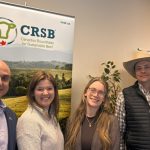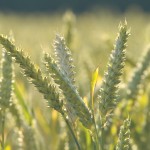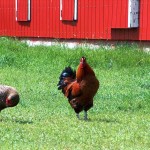University of Saskatchewan researchers are part of an international team who published the first chromosome-based draft sequence of the wheat genome, a development that promises wheat breeders powerful new tools in developing varieties to meet the challenges of world population growth and climate change. “The release of the chromosomal draft of the wheat genome sequence will accelerate gene





